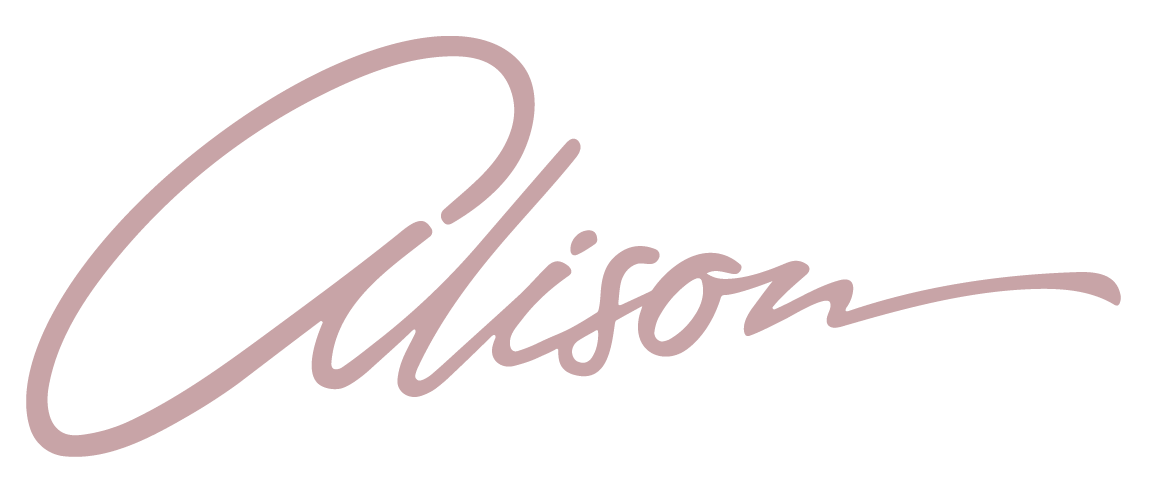After months of being “grounded,” I got back on a plane this week to find this once all-too-familiar experience now felt foreign. Among the many changes, an addition to the standard pre-flight safety briefing: “In the event the oxygen masks deploy from the ceiling, please remove your face covering before placing the oxygen mask over your mouth and nose.”
My first thought: Please don’t tell me we live in a world where this needs to be pointed out to people.
My second thought: They’re only following your most repeated leadership advice, Alison. Never assume. Assumptions kill.
On the plane, the assumption that travelers know to remove their face mask before inhaling supplemental oxygen could literally result in death. But assumptions cause figurative deaths in our everyday interactions, too.
Assumptions kill negotiations. Assumptions kill relationships. Assumptions kill careers.
When I speak to women leaders, I highlight two false assumptions that women – myself included – often make, to our own career detriment. Here’s how to overcome them.
Assumption 1: I’m not qualified
It’s hard to advance in your career if you’re not willing to put your name in the hat to be selected – for a new role, a new responsibility, or a new challenge. As the hockey legend Wayne Gretzky famously said, “You miss 100% of the shots you don’t take.”
Unfortunately, the science suggests that women are less likely to take the shot if they are not 100% sure they will score. Research from a few surveys and experiments suggests that women are unlikely to apply for a new role unless they meet 100% of the stated job qualifications. Men, in contrast, are willing to put their name in the hat when they meet about 50-60% of the requirements. A follow-up investigation by Tara Sophia Mohr (HBR, 2014) revealed two reasons why. First, women are more likely than men to “follow the rules” about who should apply. Second, women indicate a greater fear of failure than do men and don’t want to apply if there’s a chance they’ll be rejected.
As a champion for women’s advancement, I find this second reason particularly concerning. Failure isn’t fun. Worse than failure, though, is constant success. Decades of research prove that ambitious goals drive better performance. But ambitious goals, by definition, should be just a little out of reach. If you’re consistently crushing your goals – whether in applying for a new opportunity or in a negotiation – you’re just not aiming high enough. Not being selected for every opportunity you seek out doesn’t mean you’ve failed, it means you’ve set sufficient stretch goals, and in the long run you will achieve more success for it.
The next time you’re presented with an interesting opportunity, don’t ask yourself “Will I get it?” Instead ask yourself “Do I want it enough to commit to being great at it?”
If so, follow Gretzky’s advice and take the shot.
Assumption 2: My performance will speak for itself
To be successful, keep your head down, do great work, and others will take notice. I often hear versions of this argument when I present on advocacy and influence, particularly from women. This narrative is usually offered as an explanation for why the person refuses to engage in strategic self-promotion or impression management. And I get it – I’d rather just do my work without being bothered to strategize about promoting it. But we all need to get over it. Whoever coined the adage that good work speaks for itself must have been a man, as the science shows this is definitely not true for women.
In a great study, researchers have a member of a team speak up with a proactive idea. They vary whether the team member is Eric or Erica. Eric is rated by observers as more leaderlike after he speaks up with a good idea. Erica is not. They both do equally good work, but only Eric’s performance “speaks for itself.” Lesson: If the Ericas of the world are to succeed, we need to do great work AND find ways to promote it.
There are a lot of ways to promote oneself, some of which I’ve addressed in my own research. Here, let me offer my favorite: The easiest way to self-promote is to have other people do it for you. If other people sing your praises, you get the benefit of self-promotion without the risk of being labeled a “self-promoter.”
The easiest way to get other people to sing your praises? Start singing theirs.
Find other people around you doing great work (especially women and people of color) and find ways to spread the word – send a group email of recognition for their work, offer a public thank you during a group meeting, give them a social media shout out. Reciprocity is a strong social norm, and people usually look for ways to “return the favor,” even if they didn’t request the favor in the first place. By always looking for authentic ways to praise others, you are likely to create an army of supporters who will in turn find ways to promote your work.
As women, let’s stop making false assumptions and start strategizing for the advancement we deserve.
Take the shot.
Sing others praises.
And don’t put your oxygen mask over your face mask.



